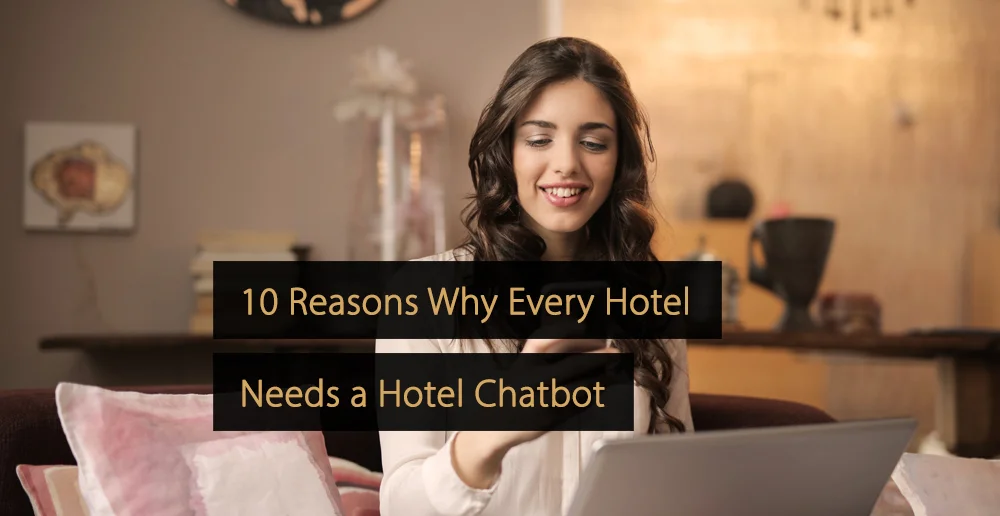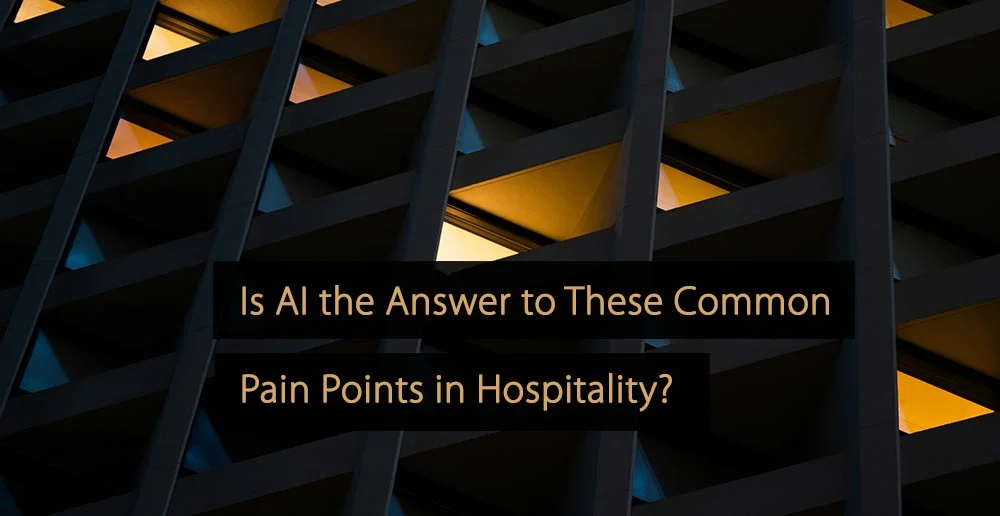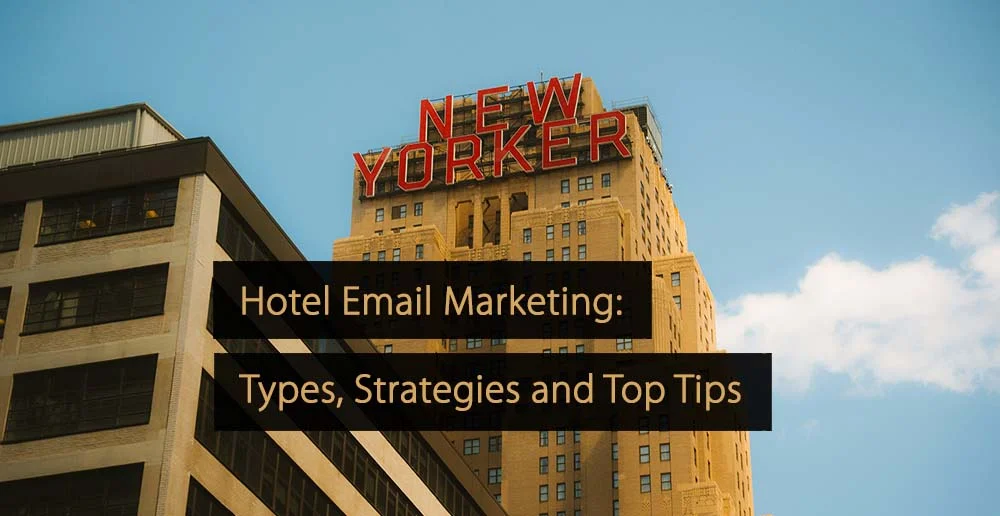Hotel Chatbot
Hotel Chatbot is an AI-driven tool designed for instant guest communication and service automation in the hospitality industry. It’s crucial for enhancing customer experience, offering 24/7 support, streamlining bookings, and addressing inquiries efficiently, thereby elevating operational efficiency and guest satisfaction.
Key Takeaways
- 24/7 Service: The hotel chatbot elevates support by offering assistance at any hour, ensuring guests have help whenever needed.
- Direct Bookings: Enhances the efficiency of making reservations, streamlining the process for guests.
- Multi-language: Expands communication capabilities, catering to a global audience by breaking language barriers.
- Guest Feedback: Streamlines the process of gathering valuable guest insights, enhancing service quality and guest satisfaction.
- Cost Saving: Significantly lowers operational costs by automating routine inquiries and tasks, optimizing staff efficiency.
- Upselling: Hotel chatbot effectively leverages AI to suggest and promote additional services to guests, increasing revenue opportunities.
- Supports Booking Journey: Assists customers throughout the booking process, reducing abandonment.
- Efficient Experience: Hotel chatbot sreamlines check-in/out, enhancing guest convenience.
- Reduces Staff Burden: Manages common queries, allowing staff to focus on complex tasks.
Table of Contents:
- What is a Hotel Chatbot?
- How Does a Hotel Chatbot Work?
- 10 Reasons Why Every Hotel Needs a Hotel Chatbot
- 1. 24/7 Customer Service
- 2. Increase Direct Bookings
- 3. Support Throughout the Booking Journey
- 4. Communicate in Multiple Languages
- 5. Up-Sell and Cross-Sell Opportunities
- 6. Personal Experience
- 7. A More Efficient Customer Experience
- 8. Reduced Burden on Customer Service Staff
- 9. Personalized Promotional Efforts
- 10. Follow Up With Your Guests
- What is the Future of Hotel Chatbots?
- What Are Important Features When Choosing a Hotel Bot?
- More Hotel Management Software Solutions
Introduction
Chatbot technology has improved rapidly over the past few years and is gaining popularity across the hotel industry. However, some hotel owners are still unaware of what chatbots can offer, and how customers benefit from using them. In this article, you will find 10 reasons every modern hotel needs its own chatbot.
What is a Hotel Chatbot?
A hotel chatbot is a form of digital technology that can respond intelligently to human interactions and be deployed on behalf of a hotel, or any other business in the hotel industry. The purpose of a chatbot is to mimic the kind of meaningful interactions a customer might have with a real employee, usually through text.
In most cases, a hotel bot of this kind will be used as a digital customer service agent, responding to queries, providing useful information, and even answering specific questions. The level of sophistication a hotel chatbot can deliver will generally depend on the underlying technology and its use.
How Does a Hotel Chatbot Work?
On a basic level, a hotel chatbot works by interpreting or understanding customer interactions and providing relevant answers to questions, or relevant information upon request. Chatbots can be broadly divided into two types:
1. Rule-Based Hotel Chatbots
Rule-based chatbots are the most basic hotel bot type available. As the name suggests, these bots can communicate using clear rules. This will usually be based on “if/else” statements. So, for example, a chatbot might be set up to ask: “Would you like to view our special offers?” If the user says ‘yes’, or selects a ‘yes’ option on-screen, they will be presented with special offers. Otherwise, another message may be displayed.
This chatbot can be operated using labeled on-screen action buttons, with the user clicking the buttons to progress the conversation. However, more advanced chatbots operate by detecting specific words within what a user types, before displaying the next relevant message, based on the established rules.
The main benefit here is simplicity, meaning it can be extremely cost-effective. However, chatbot communication may be noticeably less natural than human interaction, which can be off-putting.
2. AI-Based Hotel Chatbots
The alternative to rule-based chatbots is AI-based chatbots, which are significantly more sophisticated. Artificial intelligence allows them to understand written communication, interpret it, and respond appropriately, resulting in highly realistic chat interactions, similar to what a user might get with a customer service rep.
Some of the most advanced AI bots take this a step further, using machine learning to pick up information as they go and adapt their communication accordingly. This can allow a hotel chatbot to find out a series of preferences from a user, piece the information together, and make a smart recommendation.
AI-based chatbots offer far greater personalization and result in more natural communication. They also tend to be easier for customers to use, and machine learning results in continuous improvement too.
10 Reasons Why Every Hotel Needs a Hotel Chatbot
Below, you will find 10 reasons chatbots have become a key part of many hotel management strategies.
1. 24/7 Customer Service
Modern customers have high expectations when it comes to customer service response times. This can be especially challenging in the travel and hospitality industry, where customers worldwide may have questions and may ask them at different times. Hotel chatbots can help by providing 24/7 customer service.
Simply put, this means customers can receive a timely response, regardless of the time of day, even when you might not have customer service staff on hand to respond to them personally.
2. Increase Direct Bookings
Increasing direct bookings is a top priority for those in the hotel industry. After all, hotels do not need to pay commissions on these bookings, resulting in higher profits. A hotel chatbot can help with this, increasing the number of conversions on the hotel website by answering questions quickly.
On top of this, chatbots can also be deployed on social media and instant messenger platforms, providing options to book directly through that platform, or offering direct links to the main booking system.
3. Support Throughout the Booking Journey
A hotel chatbot can help to increase the number of bookings that are made and decrease the number of bookings that are halted halfway through by offering helpful, personalized support throughout the entire booking process. Customers can ask the chatbot questions and ask for information, while the chatbot can encourage progress.
Chatbots can also be used at the start of the booking journey, learning about what a particular user is looking for, how much money they want to spend, and so forth, before making smart recommendations.
4. Communicate in Multiple Languages
Regardless of whether you use a rule-based or AI-based hotel chatbot, you can provide support for multiple different languages. This can be especially useful for hotels, because guests come from all parts of the world, and employing staff with the necessary translation skills is not likely feasible.
With AI chatbots, in particular, translation becomes possible instantly, meaning customers can receive responses to their specific questions, in their own language, regardless of their language.
5. Up-Sell and Cross-Sell Opportunities
Aside from helping to increase direct bookings, a chatbot can also provide a hotel with more opportunities to up-sell and cross-sell. This can also occur naturally, fitting in with what has been said in the chat, potentially increasing the likelihood that a customer takes up these opportunities.
During the booking process, the chatbot might use the information gathered to push relevant additional options, such as breakfast or spa services. A chatbot could recommend a room upgrade if a particular room is selected. A chatbot could also provide live information about restaurant availability during the stay.
6. Personal Experience
AI-powered chatbots can help hotels deliver a far more personalized guest experience, which can start before the guest has even started the booking process. As stated earlier, intelligent recommendations can be made before or during the booking process, but this can also continue afterward.
By asking intelligent follow-up questions, a hotel chatbot can ascertain guest preferences and then continue to make recommendations like attractions to visit, things to do, car rental services to use, or places to eat.
7. A More Efficient Customer Experience
In addition to providing 24/7 availability for online customer contact, chatbots also have the power to enhance the overall efficiency of the in-person customer experience. One of the ways this can be achieved is by using a hotel chatbot to assist with the check-in and check-out process.
Using a mobile app and chatbot technology, it becomes possible for check-ins and check-outs to be carried out using a smartphone alone, with no need to visit the hotel reception desk at all, eliminating waiting times.
8. Reduced Burden on Customer Service Staff
In the modern age, hotel customer service teams can easily become overworked. After all, they may be required to simultaneously deal with guests who want to speak to a customer service rep in-person, respond to queries and other contacts through Facebook, Twitter, and email, and process feedback from customer surveys.
A hotel chatbot can alleviate this pressure, providing rapid response times to reduce backlogs and sorting many of the most common or straightforward customer service requests, leaving staff to handle the trickier cases.
9. Personalized Promotional Efforts
Hotel marketing efforts often include methods like sending out marketing emails, yet these techniques do not always have high success rates. After all, many people will actively ignore marketing emails, even if they specifically ticked a box on a form to receive them. Part of the problem is they tend to be generic and repetitive.
A hotel chatbot can help improve this situation by offering greater personalization. For example, a chatbot message sent through a social media platform, or a chatbot message that appears on the hotel website, can lead to a far more tailored, two-way conversation, which is more likely to generate a sale.
10. Follow Up With Your Guests
Hotels increasingly see the value of following up with guests after they have checked out, to receive feedback. Chatbots are ideal for this: reaching out to guests across various channels, learning what guests liked and disliked, what improvements they would recommend, and their overall perceptions of the hotel.
Data or AI-driven chatbots can also make their follow-up efforts personal. They can provide further updates about the hotel itself, helping generate customer loyalty that leads to repeat visits.
What is the Future of Hotel Chatbots?
As chatbot technology continues to advance, AI-based chatbots will likely be used in a greater number of customer touchpoints. This could mean that chatbots are deployed on the hotel website, on social media platforms, through the hotel smartphone app, and within the hotel itself, using various digital devices.
While rule-based chatbots are likely to remain useful for the foreseeable future, the advantages of AI-based options are undeniable. As this technology becomes easier to work with and less expensive to implement, you should expect many rule-based hotel bots to be replaced by bots that benefit from this artificial intelligence.
As voice recognition technology continues to grow and users become more comfortable using it, chatbots are likely to evolve to be more voice-based than text-based. In the future, one of the major developments is likely to be improved language translation through voice recognition, allowing anyone, anywhere in the world, to communicate with a chatbot verbally, be understood, and receive a reply in the language they used.
What Are Important Features When Choosing a Hotel ChatBot?
Chatbot technology has evolved rapidly and is now crucial to many hotels’ marketing and customer service strategies. However, it is still unfamiliar to many hotel owners, and the process of adopting chatbot technology can seem daunting, especially given the abundance of chatbot products available.
In the article “What Are Important Features When Choosing a Hotel Bot?” you will be able to find out more about how hotel chatbots work. Additionally, you will learn about the most crucial features to look out for when selecting a bot, including personalization options and machine learning capabilities.
A hotel chatbot can be invaluable for hotel owners, offering rapid response times for customer service queries, improving the customer experience in hotels, and helping to make marketing efforts more personal and meaningful.
More Information About Hotel Management Software
Would you like to learn more about hotel management software solutions that can help you to grow your hotel business? In the following articles, you will find more information about the most important hotel management software for hotels:
- Hotel Distribution Channel Manager: What Are the Advantages?
- Revenue Management System (RMS): What Are the Advantages?
- Hotel App: Optimise Your Guest Communication, Experience & Revenue
- Hotel Management Software: What Are the Benefits for Hotels?
- RMS System: An Overview of the Most Important Features
- PMS Software: Which Software Integration Should a PMS Have?
- Hotel Software: The Most Important Software Solutions for Hotels
More Tips to Grow Your Business
Revfine.com is the leading knowledge platform for the hospitality and travel industry. Professionals use our insights, strategies, and actionable tips to get inspired, optimize revenue, innovate processes, and improve customer experience.Explore expert advice on management, marketing, revenue management, operations, software, and technology in our dedicated Hotel, Hospitality, and Travel & Tourism categories.
This article is written by:
Hi, I am Martijn Barten, founder of Revfine.com. With 20 years of experience in the hospitality industry, I specialize in optimizing revenue by combining revenue management with marketing strategies. I have successfully developed, implemented, and managed revenue management and marketing strategies for individual properties and multi-property portfolios.









Very useful information regarding chatbots.
Very useful information about chatbots, thanks!
It will be interesting to see how hotels utilize AI and NLP Chatbots in the upcoming time.